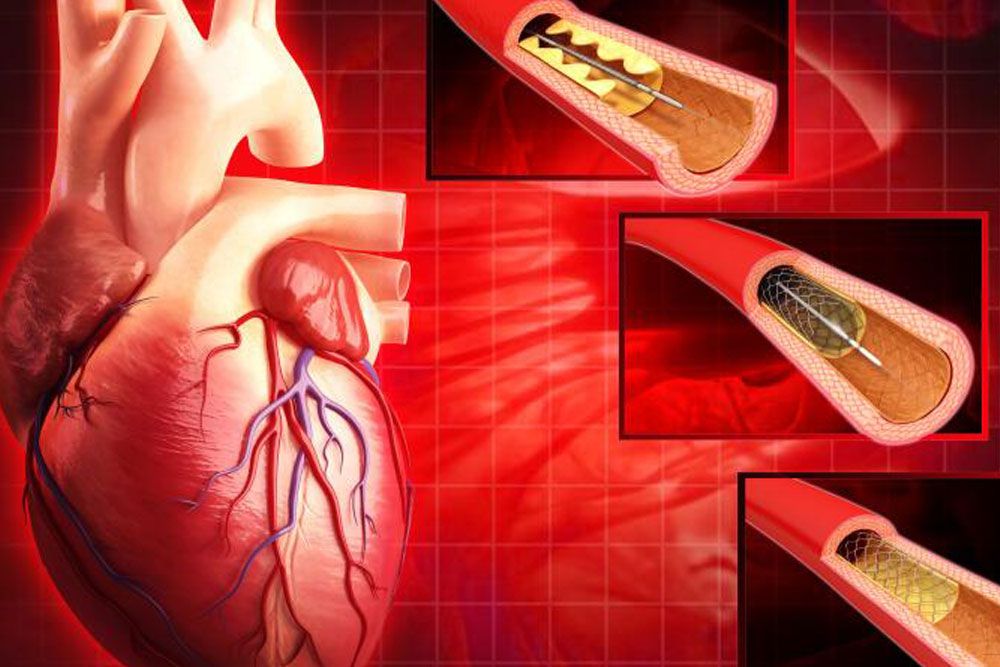Cardiac catheterization is a minimally invasive procedure used to diagnose and treat various heart conditions. Cardiologists insert a thin, flexible tube called a catheter into the heart through a blood vessel to obtain detailed information about the heart’s function and structure. At Florida Cardiology Associates LLC, we offer advanced cardiac catheterization services at our clinics located at Heart and Rhythm Institute, Cardiovascular Institute of Trinity, HCA Florida Trinity Hospital, and Morton Plant Northbay Hospital, Florida, ensuring accurate diagnosis and effective treatment.
Symptoms Indicating the Need for Cardiac Catheterization
Cardiac catheterization may be recommended if you experience symptoms suggestive of heart disease. Common symptoms include:
- Chest pain or discomfort
- Shortness of breath
- Irregular heartbeats or palpitations
- Unexplained fatigue
- Dizziness or fainting
- Swelling in the legs, ankles, or feet
Why Cardiac Catheterization is Necessary
Cardiac catheterization is a crucial procedure for diagnosing and treating heart conditions such as coronary artery disease, heart valve disorders, and congenital heart defects. This procedure allows cardiologists to directly visualize the heart and blood vessels, measure pressures within the heart, and assess blood flow. It provides precise information that non-invasive tests cannot offer, making it an invaluable tool in cardiac care.
Early and accurate diagnosis through cardiac catheterization can significantly improve treatment outcomes. By identifying blockages, valve problems, or structural abnormalities, cardiologists can develop targeted treatment plans to address these issues, potentially preventing heart attacks, heart failure, and other serious complications.
The Cardiac Catheterization Procedure
Our cardiac catheterization procedure is designed to be thorough and patient-friendly. The steps involved include:
- Initial Consultation: Your cardiologist will review your medical history, discuss your symptoms, and explain the cardiac catheterization procedure.
- Preparation: You will receive specific instructions on how to prepare, including fasting and medication adjustments.
- Catheter Insertion: After administering a local anesthetic, a catheter will be inserted through a blood vessel in your arm or groin and guided to your heart.
- Imaging and Measurements: Contrast dye may be injected to enhance imaging. The cardiologist will take X-ray images and measure pressures within the heart and blood vessels.
- Treatment (if necessary): If a blockage or other issue is detected, treatments such as angioplasty or stent placement may be performed during the same procedure.
- Recovery: After the procedure, you will be monitored for a few hours. Most patients can go home the same day.
Preventative Measures for Heart Health
Preventing heart disease involves a combination of lifestyle changes and regular medical check-ups. Adopting a heart-healthy diet, engaging in regular physical activity, and avoiding smoking are essential. Managing stress and maintaining a healthy weight are crucial for cardiovascular health.
Regular screenings and diagnostic tests, including cardiac catheterization when necessary, are vital for early detection of potential issues. Staying proactive with your heart health can significantly reduce the risk of severe cardiovascular conditions and enhance your overall well-being.
Long-Term Health Outlook for Patients
Patients who undergo cardiac catheterization have a positive outlook for managing and treating heart conditions. This procedure provides critical insights that guide effective treatment plans, improving overall health outcomes. At Florida Cardiology Associates LLC, we are committed to supporting your heart health through advanced diagnostics and personalized care.
By following the recommendations of our experienced cardiologists, patients can effectively manage their heart health, enhance their quality of life, and reduce the risk of future heart problems. We aim to provide all our patients the best possible care and support.
Frequently Asked Questions (FAQs)
1. Is cardiac catheterization safe?
Yes, cardiac catheterization is generally safe. Complications are rare, and your cardiologist will take precautions to minimize any risks.
2. How soon can I resume normal activities after the procedure?
Most patients can resume normal activities within a few days, but your cardiologist will provide specific guidelines based on your condition.
3. What should I expect during recovery?
You may experience mild discomfort at the insertion site and must avoid strenuous activities for a short period. Follow your cardiologist’s instructions for a smooth recovery.
Take Control of Your Heart Health with Cardiac Catheterization
Scheduling a cardiac catheterization is a proactive step toward maintaining and improving heart health. At Florida Cardiology Associates LLC, we are dedicated to providing comprehensive cardiovascular care with the latest diagnostic technology. Our team is here to guide you through the process and ensure you receive the highest quality of care.
Don’t wait for symptoms to worsen. Early detection is key to preventing serious heart conditions. Contact us today to book your cardiac catheterization and take the first step toward a healthier heart.




